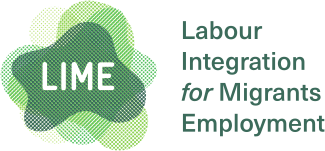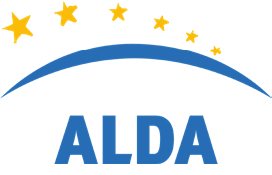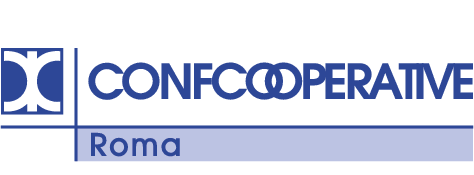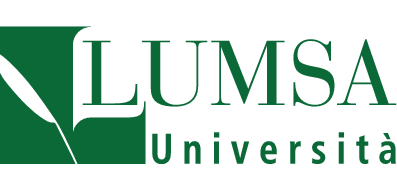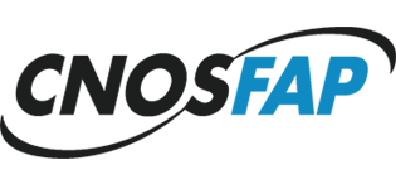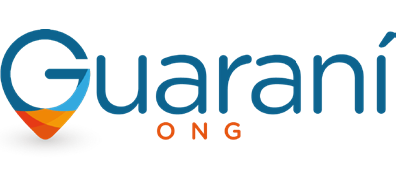What is the CNOS-FAP National Federation?
The National Federation "CNOS-FAP - Centro Nazionale Opere Salesiane - Formazione Aggiornamento Professionale", our project partner, is an Association constituted in 1977, which coordinates the Salesians of Italy committed to promoting a service of public interest in the field of Vocational Orientation, Training and Professional Updating in the educational style of Don Bosco. Members of the Federation are the Salesian Institutions and the local and regional CNOS-FAP Associations/Federations that promote vocational guidance and training initiatives and actions, especially through the Multifunctional Vocational Training Centres. The Federation is currently present in 15 Regions and has more than 60 operational centres coordinated by the National Headquarters; in the LIME project, the Federation operates through the CNOS-FAP Regional Delegation of Lazio, which coordinates 4 Vocational Training Centres, 3 in Rome and 1 in Ariccia (RM).
Salesian activity in Lazio has a long history, which can be read in the places where CNOS-FAP now operates. For example, the Borgo Ragazzi Don Bosco Centre, located on the site where the Fort Prenestino was up until 1947, which Pope Pius IX wanted as one of the city's defence points, now promotes initial vocational training activities in the automotive, electrical and mechanical fields. Similarly, the Teresa Gerini Institute also specialises in these areas and encourages students to find work in the many companies and workshops in its vicinity. The Pio IX Salesian Institute, on the other hand, which has been active since the 1930s with more than 200 students, has been transformed over the years into a Technical Commercial Institute in the field of graphics, with adjoining printing factory.
CNOS-FAP is active in the field of initial vocational training for young people and adults, through continuing education initiatives in dialogue with the world of work, also through distance learning programmes. In this sense, it also promotes three-year vocational education and training courses, which are less theoretical than school courses and more in line with the world of employment, while still seeking to provide an adequate basic cultural education. CNOS-FAP also works on international projects, especially with partners in the European Union, alongside activities in the ecclesial and Salesian spheres. In fact, CNOS-FAP not only promotes the dissemination of professional culture and offers guidance services through special centres, but also wants to encourage the growth of spirituality and solidarity in the world of work.

